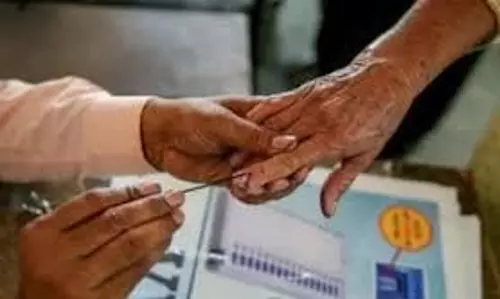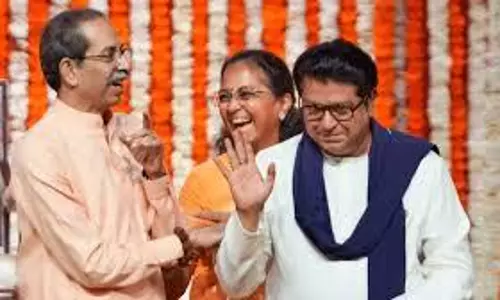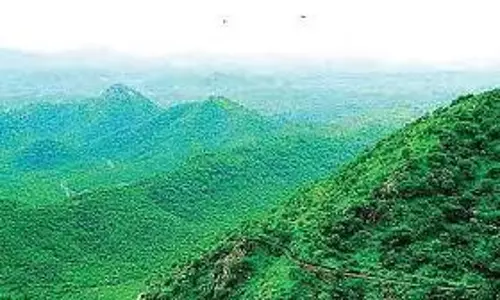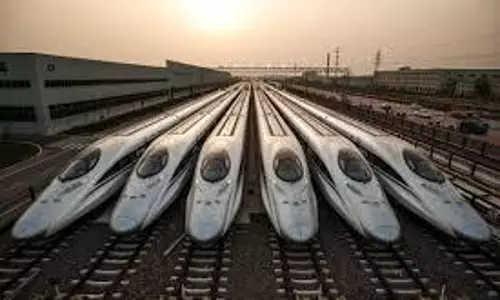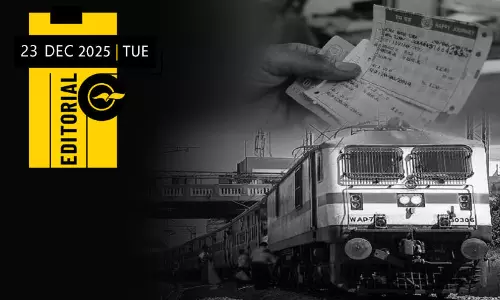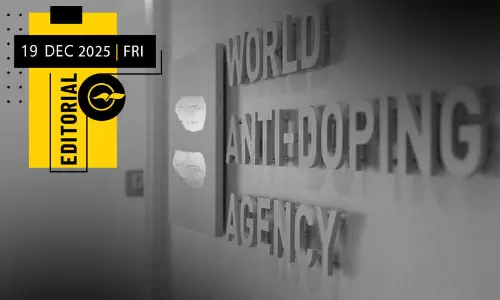
If media fails to raise its voice again…
text_fields‘This is a time when democracy retreats from governmental institutions. We realize that the safe world we dreamed of is nothing but a fiction. We are witnessing a great battle between good and evil. In fact, we are not mere witnesses; let us note that our place is right in the battlefield’ - Svetlana Alexievich
Svetlana’s acceptance speech receiving the Nobel Prize in Literature 2015 was a message to all the writers in the world. There are clear indicators about the imminent crisis-ridden world order in these lines. Words of those like Svetlana who brought to light the harrowing accounts of persecution and invasion by the state - circumventing the severe media censorship during the Soviet era -, should be a lesson in the same sense to the journalists in present-day India. The government’s moves to shackle the fourth estate that should be in the forefront of the ‘big struggle’ hinted by her, have been surfacing one by one. Modi’s India is currently implementing laws to muzzle the media through new legislations and ordinances. The Criminal Laws Bill 2017 to regulate the media tabled in Rajasthan where BJP is in power is only one among them.
The ordinance passed by the Rajasthan Governor in the name of controlling corruption charges against judges, ministers, MLAs and governments, and media reports related to has generated a huge controversy. Media institutions including the Editors Guild and legal experts have come out against the Bill. What more, when the Bill was tabled in the state assembly on Monday, even two members of the BJP sided with the Opposition citing that the Bill was against the law. The key feature of the bill is the absurd provision in the bill that when corruption allegations are levelled against government officials and the legislators, the media cannot investigate or report on the accusations against them without prior sanction from the same government, which can take up to six months. Amendments have been made even in the Code of Criminal Procedure (CrPC) and the Indian Penal Code (IPC) in order to prevent the intervention of the media and the battles against corruption. Matters related to the Bill are mostly furtive. The Governor signed the ordinance in September last year. What could be the reason for the delay of over a month for the outside world to know about the Bill? It may be in view of the current protests that the Vasundhara Raje government has referred the ordinance to a select committee where Opposition too is represented. . However, the government does not seem to back out on its decision. For it has already bedome clear in the past few days that the ordinance was prepared in the backroom with the complete support of the central government and the BJP. According to Article 254 (2) of the Indian Constitution, sanction of the central government should be obtained by the states to make amendments in CrPC and IPC. Union Law Minister Ravi Shankar Prasad recently made it clear that the Bill was tabled in the assembly after such approval. Which means, it may not stop with Rajasthan: as it is clearly a party agenda; one could expect the new media-muzzling law to be introduced at least in states where BJP is in power.
Ever since Narendra Modi came to power, the media scene as is the case with many other sectors, have been witnessing a kind of insecurity. And the ‘reforms’ emanating from ‘Modinomics’ will tell us that the country in its socio-politico-economic scenario is moving from an undeclared democracy to fascist lines. In an extremely crucial phase when the media should have intervened creatively, they not only failed to do so but even became their trumpt-blowers. Over the last three years, has there been an instance of any mainstream media coming forward to raise any serious allegation of corruption against the regime? They are seldom ready even to make news out of revelations of corruption and abuse of power brought out by alternate media. Even the ones who carried some withdrew them within minutes. In its report last April the international watchdog body “Reporters without Borders’ had showed India’s slipping rating among nations in press freedom. But then that was not highlighted enough by our media. All this ‘self-censorship’ happened when the media machinery of the government itself has come entirely under Sangh Parivar organizations.
Agencies like Press Trust of India (PTI) and Prasar Bharati have been acting as PR agencies of the government as never before. Topping it all, such laws as the one in Rajasthan comes to the fore. True, a handful of media entities do swim against this tide, but that is hardly enough for the fourth estate in its broad sense to resist the Modi era. This silence cannot be let continue. At stake is nothing but the struggle for the citizen’s primary right to life.




